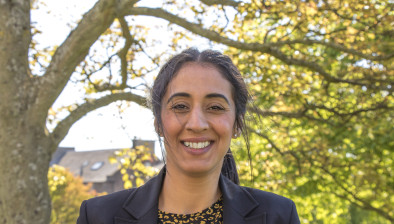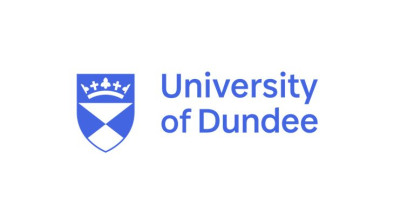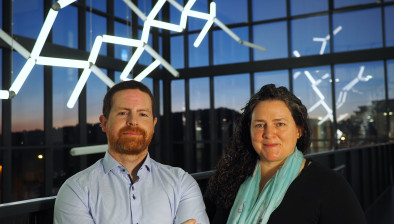University of Dundee secures £1m infrastructure investment from UKRI

The University of Dundee has received over £1 million as part of a multi-million-pound investment in research organisations across the UK.
UK Research and Innovation (UKRI) has provided £213m to expand and upgrade existing infrastructure across disciplines. Dundee will benefit through two grants totalling more than £1m in the areas of life sciences and arts and humanities.
The University’s MRC Protein Phosphorylation and Ubiquitylation Unit (MRC PPU) has been awarded £808,000 to purchase mass spectrometers and key computational resources to support research.
Professor Dario Alessi, director of the MRC-PPU, said: “We are immensely appreciative for this generous funding, especially during such challenging times. This has allowed us to purchase a state-of-the-art new mass spectrometer and other instruments to undertake biophysical analysis. This apparatus will help our investigators to better probe the biological mechanisms underlying diseases including cancer, and Parkinson’s.”
A further £249,000 will allow a team from the University to obtain the equipment necessary to digitise internationally important archives and media collections. In doing so, they will ensure these resources remain accessible, enabling a longer-term strategy to support the creative economies through research projects and public engagement.
Calum Colvin, Professor of Fine Art Photography at Duncan of Jordanstone College of Art & Design, added: “The University is an important centre for creative collections within the UK research landscape, with particular strengths in non-traditional archives and museum collections, such as time-based art, comics and artist’s books. This grant will allow our multi-disciplinary team at Duncan of Jordanstone College of Art & Design, the School of Humanities, and the Archives & Museums Services to expand public engagement and publication activities.”
The £213m investment comes from the government’s World Class Labs funding scheme and is distributed through eight of UKRI’s constituent research councils.
Professor Ottoline Leyser, chief executive of UKRI, commented: “Some of the most innovative ideas with transformative R&D potential require access to leading-edge infrastructures, including national research facilities, equipment and instrumentation, networks of technologies and digital infrastructures, and knowledge-based resources such as collections and museums.
“Outstanding infrastructure helps to convene talent from the public and private sectors and across disciplines to tackle society’s most complex challenges. It acts as a magnet for researchers and innovators internationally, contributes to local and national economies, and generates knowledge and capability critical to UK policy, security and wellbeing.”










